1. Democratic Stability

For generations, America was seen as the most stable and enduring democracy in the modern world. Its peaceful transitions of power and robust institutions made it a model for others. Countries emerging from conflict or authoritarianism often looked to the U.S. Constitution and elections as a blueprint. The global perception was that American democracy, while imperfect, was resilient.
But the events of January 6, 2021, changed that view dramatically, according to Kayla Epstein of the BBC. The Capitol riot shocked the world and raised serious questions about the health of U.S. democracy. Continued election denialism and political polarization have only fueled skepticism abroad. Surveys now show people in allied nations are increasingly doubtful about America’s political reliability.
2. Innovation Powerhouse
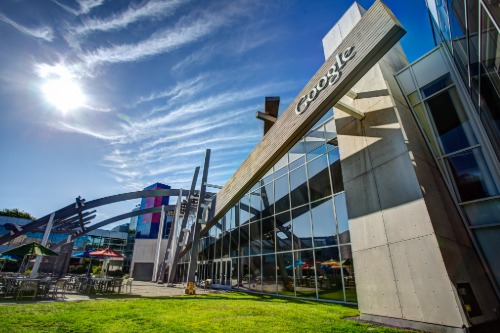
For much of the 20th and early 21st centuries, America was known as the global engine of innovation. From Silicon Valley breakthroughs to space exploration, the U.S. set the gold standard. Countries admired its blend of cutting-edge research, entrepreneurial culture, and university-industry collaboration. Think about it—Apple, Google, Tesla, NASA—those were all American-led game changers.
But lately, that perception has dimmed. China has caught up in AI and green tech, according to Mark Lowey of Research Money, and even Europe is edging forward in areas like privacy-first software. Meanwhile, American innovation has increasingly felt tethered to a handful of tech giants more focused on profits than bold new ideas. The rest of the world is watching—and innovating—on their own terms now.
3. Space Leadership
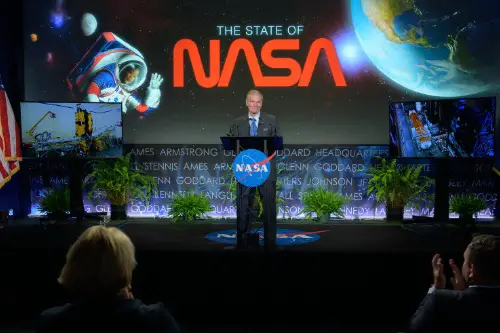
The U.S. once made space travel look almost routine, with the Apollo missions, Space Shuttle launches, and the International Space Station. America planted the first flag on the moon and led the world in exploring the final frontier. Even Hollywood mirrored this space dominance with movies like Interstellar and Gravity that imagined U.S.-led missions. Space was part of the national brand.
Now, while NASA is still respected, the global narrative has shifted. China’s successful Chang’e missions to the moon and Mars have drawn attention, and India landed near the lunar south pole in 2023—a historic first. America’s Artemis program has faced delays, according to Andrew Jones of Space, and private companies like SpaceX have taken center stage. It’s no longer assumed that the U.S. is the de facto leader in space.
4. Higher Education Prestige

American universities used to top every global ranking, with institutions like Harvard, MIT, and Stanford shaping future leaders from all over the world. International students dreamed of studying in the U.S., not just for the education, but for the prestige it carried back home. Campuses buzzed with intellectual freedom and cutting-edge research. It was a brain-gain system.
Now, the luster has dulled, according to Carlo Invernizzi-Accetti of The Guardian. Student visa restrictions, high tuition, and political instability have made other countries like Canada, Australia, and Germany more attractive. U.S. universities still rank highly, but they’re losing top talent to friendlier, more affordable places. The idea of America as the “academic promised land” just isn’t what it once was.
5. Infrastructure Excellence
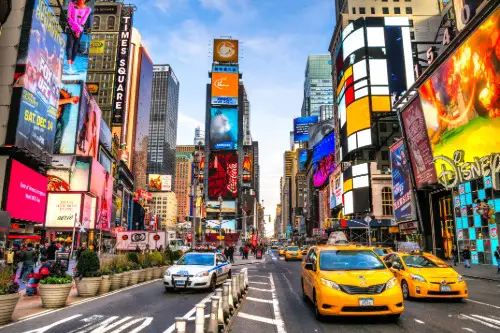
Once upon a time, the American highway system, airports, and city planning were marvels of the modern world. The U.S. Interstate Highway System in particular was a post-war engineering triumph. Tourists admired efficient air travel and well-maintained urban centers. Cities like New York and Chicago stood as testaments to modern progress.
Today, it’s a different story. Roads are crumbling, train systems lag far behind Europe and Asia, and transit in major cities often feels decades behind. The American Society of Civil Engineers gave U.S. infrastructure a C- grade in 2021. It’s hard to impress the world with potholes and delayed subway cars.
6. Global Diplomacy and Leadership

The U.S. used to be seen as the steady hand in international crises—first to coordinate aid, last to pull out of alliances. It led coalitions, mediated peace talks, and helped write the post-WWII global order. Even rivals admitted America was the world’s most influential diplomatic player. “Leader of the Free World” wasn’t just a slogan—it was a global expectation.
But that image has taken major hits in recent years. The withdrawal from Afghanistan in 2021 was chaotic and widely criticized. America’s wavering commitment to NATO and other alliances under recent administrations spooked even close allies. More countries now hedge their bets instead of relying on U.S. leadership alone.
7. Moral Authority and Human Rights

For decades, the U.S. championed human rights abroad, supporting dissidents and advocating for democracy. From Reagan confronting the Soviet Union to Obama addressing oppression in Myanmar, America’s moral stance was clear. Global activists looked to Washington for support. Even when policies were controversial, the principles seemed consistent.
But in recent years, that moral high ground has eroded. Family separations at the border, a weakened refugee program, and political interference in judicial processes have damaged America’s credibility. Human rights groups now critique the U.S. alongside countries it once criticized. The message sounds hollow when the example falters at home.
8. Economic Opportunity for All
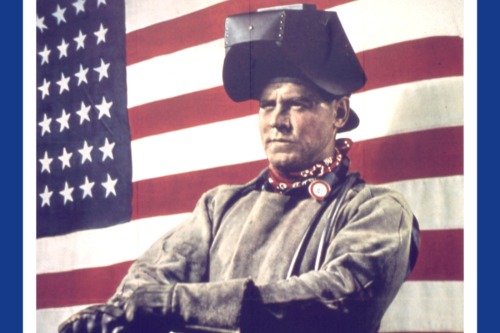
The “American Dream” was one of the country’s strongest exports—work hard, and you can make it. This idea drew millions of immigrants and inspired admiration around the globe. People saw the U.S. as a place where class barriers were breakable and success was self-made. It represented upward mobility like nowhere else.
But economic inequality has widened dramatically. Real wages have stagnated for many while costs of housing, education, and healthcare have soared. The OECD now ranks the U.S. among the worst developed countries in terms of income inequality. For many, the dream has shifted to a myth.
9. Cultural Cool Factor
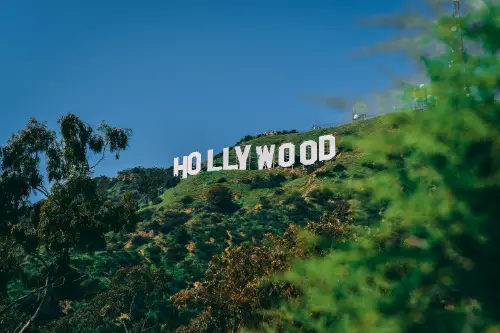
American music, fashion, TV, and movies once dominated the global scene. From jazz to hip-hop, denim to Hollywood blockbusters, the U.S. set the trends the world followed. Global youth culture was steeped in American imagery and influence. It was exciting, bold, and boundary-pushing.
But now, cultural dominance is far more fragmented. Korean pop stars, Nigerian filmmakers, and European influencers compete on equal footing with American creators. Social media has democratized influence, and U.S. content isn’t always the most exciting in the room. In short, America isn’t always the cultural trendsetter it once was.
10. Cutting-Edge Healthcare

The U.S. was long admired for its medical advancements, hospitals, and biotech research. It led the world in developing new treatments and technologies, including major vaccine breakthroughs. People came from other countries to be treated at the Mayo Clinic or Johns Hopkins. The medical system looked like a symbol of modern achievement.
But the pandemic exposed serious weaknesses. Despite advanced science, the U.S. had some of the highest COVID-19 death rates among wealthy nations. Millions lack insurance, and life expectancy has actually declined in recent years. Other countries now outperform the U.S. in basic health outcomes.
11. Tech Ethics and Regulation

America led the charge in developing social media and digital platforms that connected the world. Companies like Facebook and Twitter were once seen as tools for free speech and democracy. Tech was a bright spot in America’s global image. The optimism was contagious.
But trust has eroded. From misinformation and election interference to privacy violations and toxic algorithms, U.S.-based platforms are under fire worldwide. Europe is taking the lead on digital regulation and online safety, while the U.S. struggles to catch up. It’s no longer the ethical standard-bearer in tech.
12. Environmental Stewardship
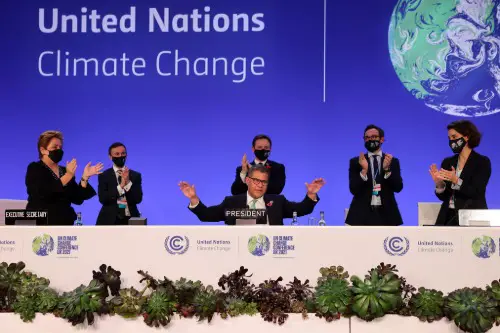
America used to be seen as a leader in environmental awareness, especially after the creation of the EPA and its role in international agreements like the Montreal Protocol. It pushed for clean air, clean water, and global cooperation on climate issues. American scientists were key to early climate change research. There was a sense of responsibility tied to leadership.
That reputation has taken repeated hits. Pulling out of the Paris Agreement (even temporarily), rolling back environmental protections, and ongoing dependence on fossil fuels have all drawn global criticism. While other countries move toward net zero, America’s progress feels inconsistent. Leadership in climate action has clearly shifted elsewhere.


